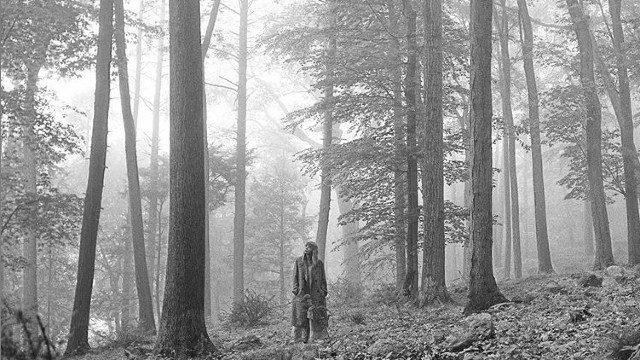SUMMARY
This is AI generated summarization, which may have errors. For context, always refer to the full article.

For every adult in their mid-twenties, Taylor Swift is a little bit more than a familiar name.
We’ve all grown up with her, from the moment she reached the charts with her first album to when she shifted her gears to pop with 1989. However, despite this familiarity with her infectious head-bobbing music, she took everyone by surprise when she unveiled last July 24 her newest album, folklore.
In a masterful series of songs almost reminiscent of her country music past, the multi-awarded Grammy winner shows in folklore the full capacity of the songwriting that has made her so successful and turned everything on its head to tell a story of a woman simply growing up. Gone are the bombastic notes and catchy earworms that we have all grown to know Swift for, instead listeners are treated to what might be an older version of her 2010 album Speak Now. Here, she abandons all embellishments to create a raw picture of a mature Swift who’s lyrical prowess has taken the opportunity to reflect on human experiences that we have come to miss in a time of the pandemic.
Swift begins with the 1, a pop ballad that proudly proclaims the new direction she’s going in with the first line alone. A thematic start to the album, it sets the scene for what might be the greatest achievement in this album: its consistency.
Again and again, Swift plays with the idea of time and memory to craft an album that resonates with so many, particularly during a pandemic where all we really have is our memories. She continues to accomplish this in the great american dynasty, where she sings about her Rhode Island home’s previous owner, Rebekah Harkness, in a vividly told story that goes back to an older yet softer Taylor.
Yet, unlike her albums of years past, she doesn’t center on just her own experiences, but rather matures into what might be the best song in the album, exile. Accompanied by Justin Vernon of Bon Iver fame, her sweet country twang beautifully contrasts his deep and rustic vocals to compose a painfully self-aware maturity that showcases the thoughts of both her and her presumed lover. It is a lyrical masterpiece unlike any other in Swift’s repertoire that fully acknowledges a world beyond herself by utilizing asynchronous responses from two perspectives.
Swift continues to detail an almost dreamlike past in the succeeding songs, particularly in august, illicit affairs, seven, invisible string, and betty, where she expounds more on growth and time. But what, perhaps, is most important to this point, is how Swift shows in her lyrics the caricature of her that so many have formed over the years. She loses the vindictive and loud words of her yesteryears to poignantly craft a new persona that tries to remember a world before this pandemic.
This, flaws and all, is what is so enchanting about folklore. The songs, masterfully produced by Swift, Aaron Dressner, and Jack Antonoff, take us on a journey through an era where time is fluid and harken us to when it wasn’t.
folklore puts nostalgia front and center for all of us to hear and cry through. It helps us see that details of our past have become murky in the face of time and we slowly begin to peer through a lens that Swift has created just for us.
In an almost effortless and silent stride, Swift takes the hearts of listeners to construct a new era where all of us get to live – in the time of COVID-19. In an album that is not only self-aware but grown, she talks deftly about human truths that are universal, especially as she imparts lessons that articulate the experiences of what her aging fan base has had to go through.
She still talks about very real experiences that many go through, but a little more maturely, with certain nuances that come with age. Perhaps the only time that we can hear the echoes of her previous work is in mad woman, where she digresses thematically to create what can be seen as a piece of reputation in folklore.
Despite this, it lives in a very carefully constructed pocket of the album, where Swift takes on a much darker tone that wraps in a few songs the feeling of despair that many young twenty-something-year-olds feel, but have to accept in this pandemic.
Rating: 9 out of 10
– Rappler.com
Add a comment
How does this make you feel?
There are no comments yet. Add your comment to start the conversation.